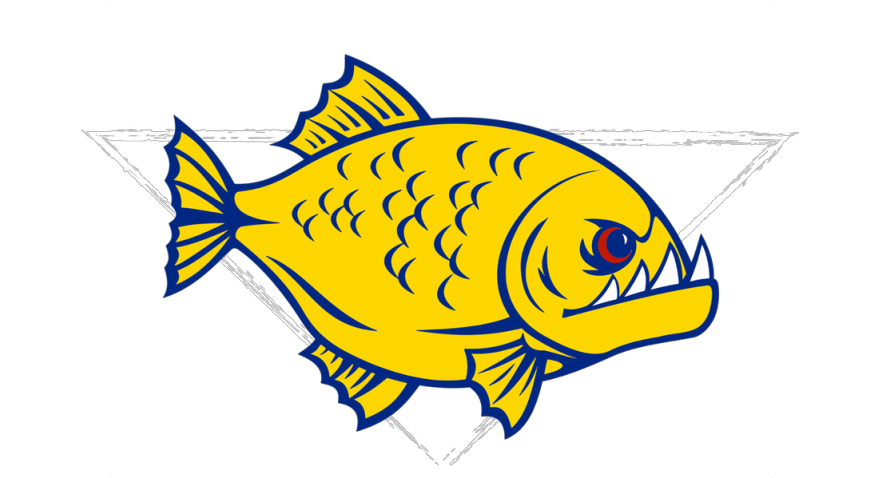Geographically-Based Club Growth Policy
|
Rules and referees play a crucial role in ensuring fair competition in sports. While it's true that comprehensive rules and vigilant referees are essential for maintaining fairness within a game, the absence of rules regarding team composition can undermine the entire premise. Team composition rules, such as limitations on the number of players, their skill levels, or even the equipment they use, are equally important in leveling the playing field. Without such rules, teams could potentially stack their lineups with overwhelmingly superior players, rendering the game unfair regardless of the rules enforced during the match. In essence, team composition rules are a fundamental prerequisite for a sport to truly achieve fairness and balance.
In the world of sports, a clear line often separates team and individual pursuits. When it comes to team sports, the composition of a squad typically adheres to standardized rules of competition. Team-based endeavors like underwater hockey thrive on collective synergy, camaraderie, and the shared quest for victory. This policy document emphatically reinforces our steadfast dedication to advancing and championing underwater hockey as a team sport. In alignment with this vision, we need to focus on tackling the problem of "super teams" comprised of exceptionally skilled players that undermine the ability of club teams to compete and hinder the development of a competitive local squad. Policy Statement
Call to Action We urge all governing bodies, tournament organizers, clubs, and other stakeholders integral to the sport's expansion to embrace this unified stance. Expanding our sport's player base stands as a primary goal for all stakeholders. By discouraging the creation of overpowered teams and supporting equitable competition, we can guarantee the sustained progression of underwater hockey, all the while upholding its fundamental principles of integrity and sportsmanship. Together, we possess the power to establish an inclusive, nurturing environment that welcomes every player and cultivates responsible and impactful sport development, enriching players of all levels and communities across the board. Conclusion Geographically-based clubs are indispensable for the sustainable growth and development of underwater hockey. They are the primary hubs for recruiting, training, and retaining new players, nurturing a sense of community and long-term commitment among participants. Rumblefish Underwater Hockey Club is committed to advancing underwater hockey as a team sport by supporting local clubs, discouraging stacked teams, and promoting fair competition. By prioritizing sustainability, community engagement, and player development, we ensure the sport's growth and enrichment, benefiting players and communities. Clear team composition rules are as vital as in-game rules to maintain fairness and balance in sports. Without them, stacked teams can render any competition unjust, making such rules a fundamental necessity.
|

